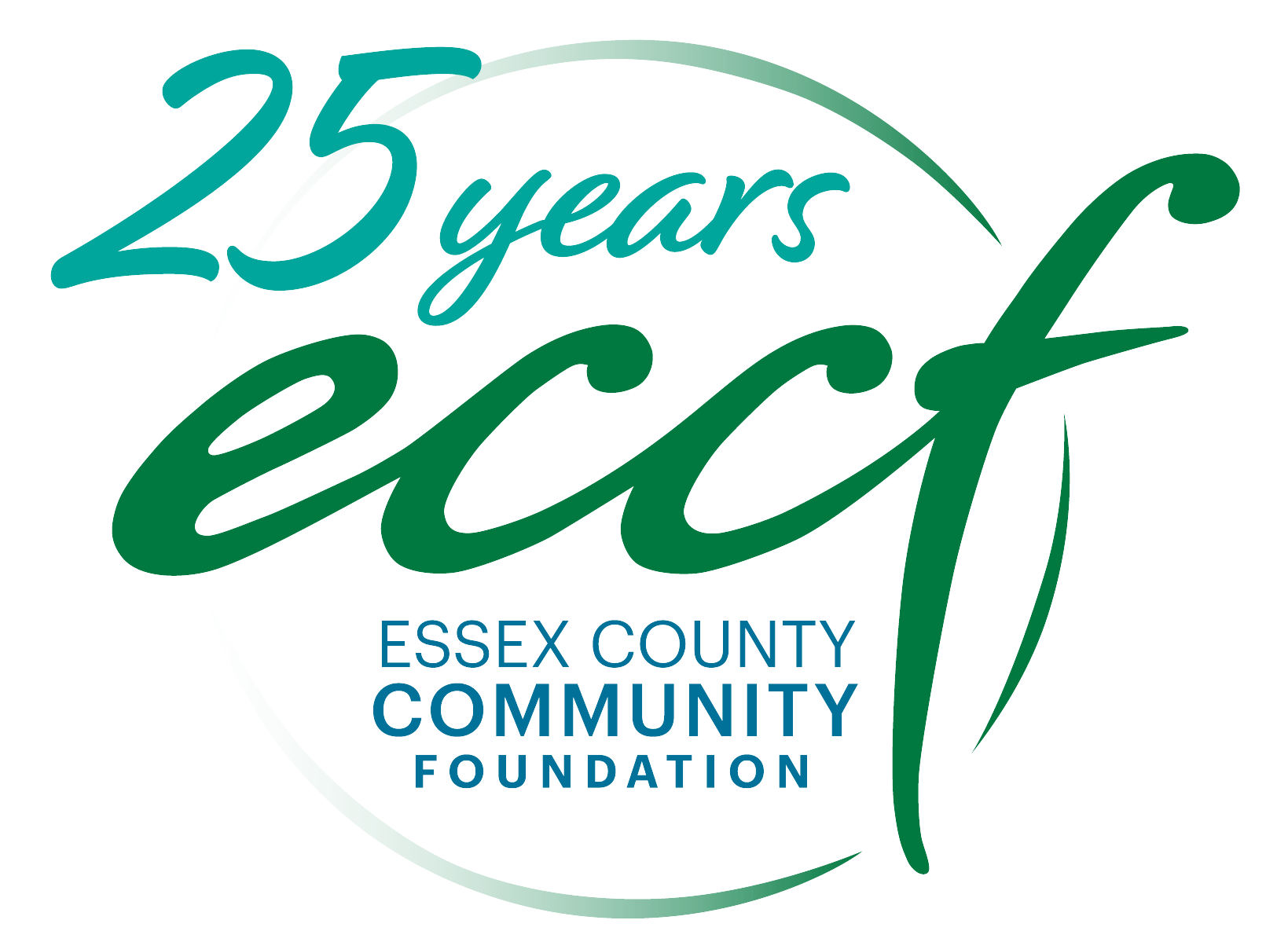Danvers, MA — During the height of the COVID-19 pandemic, Tatianna, a participant in North Shore Community Development Coalition’s YouthBuild program, said she and her brother would have to take turns attending remote classes because their WiFi wasn’t sufficient enough for both of them to be connected at the same time.
“The WiFi is really slow. Me and brother would need to think, ‘Ok, I will not go to class today, so you could pay attention in class and the WiFi won’t be slow for you,’” said Tatianna, who hopes to attend Salem State University and become a registered nurse. “It was difficult. It was really difficult.”
Tatianna is not alone. According to a study commissioned last year by Essex County Community Foundation (ECCF), nearly 60,000 households across the region don’t have fixed broadband. The report also indicates that Latino residents are twice as likely as whites to lack broadband access, and that economically disadvantaged cities – which fare worse overall – are not the only places experiencing the digital divide.
“There are neighborhoods in every city and every town affected by this issue,” Kate Machet, ECCF’s director of strategic initiatives, told community, nonprofit and business leaders during a launch of Advancing Digital Equity, ECCF’s $2 million, multi-year plan to bridge the digital divide in Essex County. More than 100 people attended the live event, which was held on June 10 and came directly on the heels of ECCF’s much-anticipated Rising Together premier, a pre-recorded program celebrating the hope, resilience and collaboration that emerged in Essex County through the COVID-19 crisis.
During the pandemic, the consequences of longtime digital inequities increased exponentially when nearly every aspect of our lives went virtual. Thousands of people in our region couldn’t learn or work from home. They couldn’t connect to telehealth appointments or apply for critical federal benefits. They were unable to look for jobs, connect with loved ones or access basic information, a task that many of us take for granted.
“It’s an issue that intersects so many other inequities,” said Beth Francis, president and CEO of ECCF.
And with many of the changes that occurred during the pandemic likely to stick around for good, the time to bridge the digital divide is now.
ECCF’s plan to close the gap between those who have digital access and those who do not includes critical investments in scaling existing locally based solutions, collaborative grants that encourage new partnerships and the creation of a digital equity ecosystem, a vital area in collective work that is often overlooked, says Stratton Lloyd, ECCF’s executive vice president and COO.
“At the end of the day, this ecosystem building work ensures that Essex County is smart, optimizes our funding and resource gathering and, most importantly, is resilient,” said Lloyd. The goal is to have a coalition of 100+ for-profit, nonprofit and government partners consistently learning and working together to improve digital equity for the long term.
In the next three years, through Advancing Digital Equity, ECCF also plans to connect 10,000 households and small businesses to free or affordable internet access; distribute reliable devices to 5,000 individuals; and ensure that 1,000 people and businesses have the digital literacy to use their devices to effectively navigate the internet.
ECCF has already hit the ground running. At Thursday’s launch, foundation leaders discussed several projects now underway to make these goals a reality. ECCF is working with local communities and partners like Comcast and Mass Tech Collaborative, for example, to enable 30 free WiFi access points in nonprofits, municipal locations and parks all across Essex County. The foundation has also partnered with Tech Goes Home to offer a countywide digital literacy program, delivered through a group of community-based organizations, to those who need it most.
Collaborative accelerator grants, which will kick off later this summer and will mirror collaborative grantmaking the foundation has done in arts and culture, will encourage similar community partnerships, build the muscle of collective action and inspire people to consider broader, systems-based solutions.
“Imagine a school system, student organization and a senior center teaming up to create a technical support service,” said Machet. “We look forward to the opportunity to find collaborative solutions coming by, from and for the community.”
But solutions can only be fueled by activating anyone and everyone with a role to play, including innovative funders and volunteers, the incredible nonprofits that work closely with Essex County’s vulnerable residents and local businesses with the foresight to see the tangible value in this critical collaborative work.
“We at ECCF do not have all the answers,” said Francis. “It’s why building a strong ecosystem for long-term sustainability is just as important as funding short-term solutions that can benefit people across our region. We know it’s going to take all of us to advance digital equity.”
Judging by the passion and enthusiasm exhibited during the June 10 launch, the foundation anticipates that an increasing number of stakeholders will come to the table to share their ideas and insights and that the coalition of support will continue to grow.
“The energy is just really palpable,” said Machet.
To learn more about ECCF’s work to Advance Digital Equity in Essex County, please visit eccf.org.

